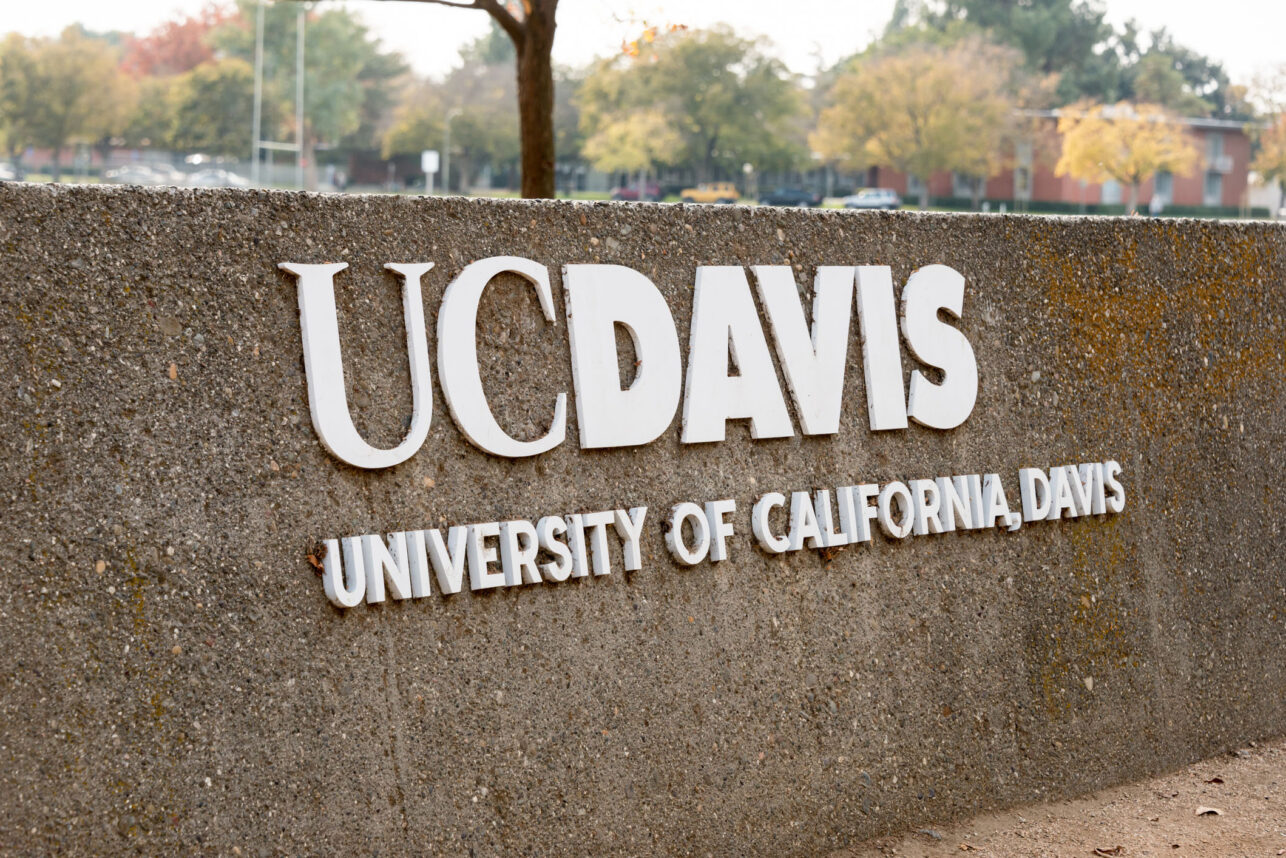The results of the November survey we sent the Israel Factor – our panel of ten Israeli experts on US affairs – are relatively generous with the Obama administration on Iran. Unlike most Israelis, who recently told pollsters that the agreement with Iran is bad for Israel, and that they don’t trust the Obama administration, our panel remains calm. It is not very impressed with Obama’s foreign policy, but is also not up in arms in assessing its successes and failures. In fact, the panel finds the policy on Egypt the most troubling, giving it a 4.4 (out of 10). It is also not impressed with Obama's Palestine policy, which got a 4.9. Yet on Iran, the panel is not as disappointed or distressed as other Israelis – the general public and the Israeli government – seem to be. 5.8 is the average mark- hardly a token of excellence, but also not a total failure.
We asked the panel about Iran many times in recent years. The questions weren’t always identical, but were close enough to compare the responses. Take a look:
|
Question
|
Date
|
Rank
|
|
[Handling of] Iran’s nuclear program
|
12.11
|
6.33
|
|
Likely to prevent Iran from acquiring nuclear weapons
|
2.12
|
6.12
|
|
Can be trusted to halt Iran's nuclear program
|
5.12
|
6.4
|
|
Advancing the effort to prevent Iran from acquiring nuclear weapons
|
6.13
|
6.22
|
|
Advancing the effort to prevent Iran from acquiring nuclear weapons
|
9.13
|
6.22
|
|
[Policy on] Efforts concerning the Iranian nuclear threat
|
11.13
|
5.8
|
As you can see, the ranking in this survey is the lowest for the administration thus far. It is, however, not significantly lower as some might expect. One reason for this: the tendency of panelists, like all human beings, to view current developments in a, well, partisan way. In other words: while the Obama policy was very low to begin with and declined even further in the eyes of the right-leaning panelists, it didn’t decline in the eyes of the left-leaning panelists. In fact, the Iran policy marks given by Dem-leaning panelists increased a little this month compared to two months ago (to see how we divide Dem-leaning from GOP-leaning panelists, take a look here).
To put this into numbers, here’s how the ranking of the Iran policy this month looks like when we separate the panel into two groups: In one group we have the experts who tend to say that the Democratic Party is better for Israel, and in the other those who told us that they consider the GOP to be better for Israel (the panelists with no view on this subject are excluded from this table). To let you get a sense of the division not just on Iran, we added the question on Syria – where the gap is also significant:
|
Question
|
Dem-leaning
|
GOP-leaning
|
Panel average
|
|
Efforts concerning the Iranian nuclear threat
|
8
|
3.75
|
5.8
|
|
Syria strategy
|
7.75
|
3.75
|
5.2
|
Three comments:
- Dem-leaning panelists give Obama a slightly better grade today than two months ago (8 and 7.75 respectively). But you shouldn’t view this as reflective of Israeli public opinion. Our panel is much more “balanced” in this sense than Israeli society.
- To demonstrate my previous point: We asked the panel if “the Israeli government is right to be angry with the US administration over the Iran negotiations”. Five of them said yes, four said no (one “doesn’t know”).
- Dem-leaning panelists give the Obama administration a relatively low mark on two topics: Egypt, and “peace talks with the Palestinians” (which is the lowest with 5.75). The Palestinian issue is where the gap between the two groups of panelists is relatively small, but after speaking to some of the panelists I can tell you that this isn’t because they agree – it’s because both groups disagree with the policy, but in different ways. Some are unhappy because they feel that the administration is putting too much effort into the Palestine issue, others feel that the effort isn’t enough and that the pressure is not sufficient.
























 More news and opinions than at a Shabbat dinner, right in your inbox.
More news and opinions than at a Shabbat dinner, right in your inbox.